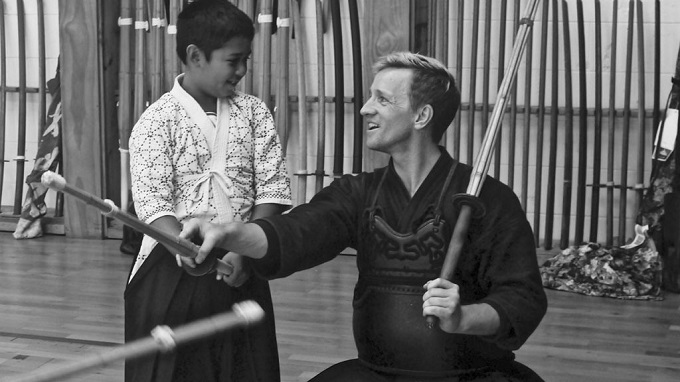New rules creating culture of suspicion in sports coaching

The recent spotlight on child abuse, while crucial, has had the unfortunate consequence of putting adults in children’s sports environments under a cloud of suspicion.
Dr Blake Bennett, a lecturer at the University of Auckland’s Faculty of Education and Social Work, is at the beginning of an investigation into the ways New Zealand volunteer sports coaches are being influenced by this new culture.
“The potential for, and reality of, inappropriate touch and abuse of young athletes in the coaching environment is ever-present,” he says. “It’s unsurprising then that the recently established Children’s Act (2014) presses for a series of changes to be introduced in New Zealand over the coming years in an effort to safeguard children who are interacting with adults.”
Similar to child safeguarding policies overseas, he says the aim of the Act is to introduce the requirement for all those working with children to undergo police vetting before they’re allowed to have any contact with children. And concurrently, New Zealand’s crown entity responsible for governing sport and recreation, Sport NZ, has also begun to encourage the use of codes of ethics to guide coach practice among regional and local sports organisations that emphasise more thought about how to interact with young people.
“At their core, these codes are all about protecting children, which given our terrible statistics in this area, is obviously extremely important. However sport coaching can be very complex already, and there appears to be uncertainty about what is ‘allowed’ when it comes to touch.”
He says that while there is hardly any New Zealand-based research into this area, a 2016 UK study suggests that mainstream conversations about things like police vetting and codes of conduct encouraging a ‘no touch’ approach have contributed to a culture of suspicion in sport coaching circles.
He’s also noted similar scrutiny, and related consequences in the US. “From 2000, American volunteer sports coaches were cautioned to consider the time, place, and context in which they make physical contact with their athletes.”
“If the way of keeping everyone safe is to create a situation in which children and adults each see the other as dangerous and toxic, then significant collateral damage to the quality of in loco parentis relationships appears inevitable.
“These suggestions implied that in the event of injury, a coach is well advised to carefully consider the necessity for physical contact if they’re accredited to do so; and that even the action of hugging an athlete may be considered a criminal offence if circumstances are misconstrued.”
More recently, he says, the prerequisite of police vetting in the US has been extended to include compulsory fingerprinting of all professional and volunteer adults. “As one academic put it,” he says, “if the way of keeping everyone safe is to create a situation in which children and adults each see the other as dangerous and toxic, then significant collateral damage to the quality of in loco parentis relationships appears inevitable.”
Dr Bennett says the fallout could include male educators leaving the teaching profession, which already struggles to attract them, and men not volunteering to coach sports teams or go on class trips; leaving children at risk of fearing all physical contact and boys (and girls) at risk of having no gentle male role models.
As the basis of his research, he plans to interview a number of diverse New Zealand coaches about how this environment is affecting their practices, as well as policy makers from areas like the Ministry of Education and Sport NZ. He is hoping his findings might inform future policy in this important area.









